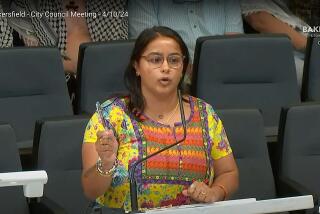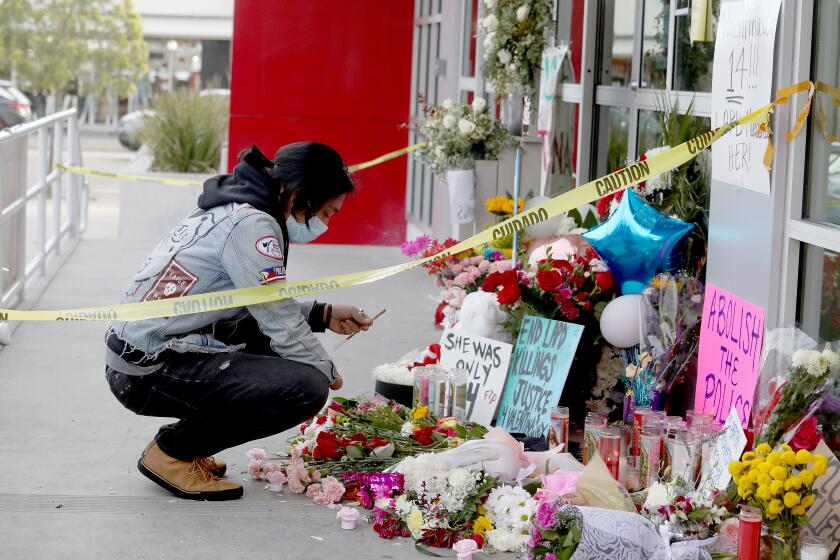Hospital cited over infections
California health regulators have cited White Memorial Medical Center for failing to properly sterilize a medical instrument later implicated in a deadly bacterial outbreak in the hospital’s neonatal intensive care unit.
White Memorial, near downtown Los Angeles, closed its busy neonatal intensive care unit last month after identifying an outbreak of Pseudomonas aeruginosa, which sickened five babies. Two of the babies are believed to have died as a result. The neonatal unit subsequently reopened.
In a report made public Tuesday, inspectors from the California Department of Health Services criticized the way the respiratory therapy staff at White Memorial cleaned laryngoscope blades, which are used to insert breathing tubes. The blades were cleaned with soap, tap water and alcohol wipes, which was not in accordance with the manufacturer’s recommendations to sterilize them, the report said.
The hospital’s director of risk management and infection control told inspectors that “the practice was unapproved, and there was no training, no competency and no monitoring of the procedure,” the report said.
In a written statement, White Memorial said that the inspection report “simply confirms the hospital’s preliminary findings.”
The hospital said it has worked closely with Los Angeles County public health officials and outside experts, and it has ensured that all hospital departments are following policies related to cleaning of medical equipment.
White Memorial said there had been no new infections since officials identified the problem in early December.
P. aeruginosa is a common bacterium found in water and soil and can be spread through body contact, fluids and water. In most people, it is not deadly or even dangerous, because their immune systems can ward off infection.
But that is not the case in patients with weakened immune systems, such as premature babies, patients with cancer or AIDS and those on breathing machines.
In such situations, the bacterium can cause a variety of infections depending on where it enters the body. These include respiratory, urinary tract and blood infections.
It can spread rapidly and, in some cases, be unstoppable even with antibiotics.
In addition to the neonatal unit, White Memorial closed its pediatric intensive care unit for several days last month after two children were diagnosed with Pseudomonas infections. Those cases were later determined to be unrelated to the outbreak and the unit reopened.
More to Read
Start your day right
Sign up for Essential California for news, features and recommendations from the L.A. Times and beyond in your inbox six days a week.
You may occasionally receive promotional content from the Los Angeles Times.






